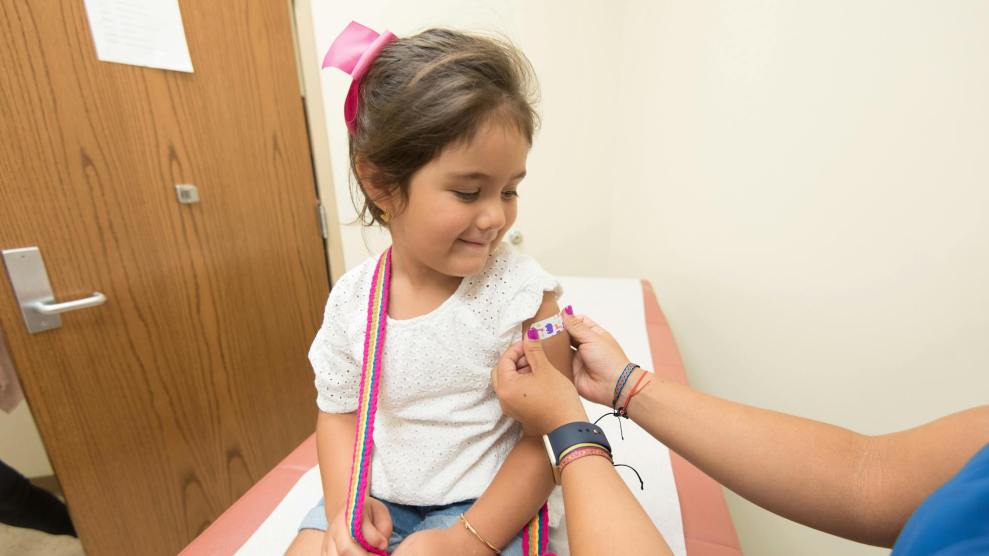If the surge’s success can be measured in arrests, we’re doing just great. According to a Newsweek article, the number of people residing in Iraqi jails has jumped from approximately 7,000 to 37,641, all since the end of January.
And while U.S.-run detention centers have been closely monitored since Abu Ghraib was splashed all over the front pages in 2004, Iraqi-run jails are “black holes.” And independent monitor of Baghdad jails says, “Torture and abusive behavior are widespread.”
People on the right might say, “These are Iraqis mistreating other Iraqis, it’s not our problem. Let’s worry about protecting American troops.” And people on the left might say, “These are Iraqis mistreating other Iraqis, it’s not our problem. Let’s worry about getting American troops home.” I say this situation is our responsibility and our problem.
It’s our responsibility because we trained the Iraqi policemen and we built the Iraqi jails. If we went to Iraq to spread democracy, and then did such a bad job that law enforcement there routinely beats its prisoners and ignores the contents of Amendments Four, Five, Six, Seven, and Eight, it’s our moral responsibility to do something about it. I know this points towards murky conclusions about our involvement on the war as a whole. I know, I know — but even if we’re not involved in combat operations any longer, we can still work to strengthen Iraq’s civil infrastructure, right?
Anyway, more importantly, it’s our problem. The people festering in these jails are more likely to (1) hate Americans after their experience, (2) want to disrupt the Iraqi state that has mistreated them, and (3) find connections to extremists through their jail time.
Says Newsweek:
The long-term question is whether mass arrests are actually counterproductive. According to former detainees, community leaders and even Iraqi officials, many prison facilities have become breeding grounds for extremists. New prisoners are quickly won over by, or bullied into joining, militants in the jails. “The biggest school for Al Qaeda is prison,” contends Zaidan al-Jabri, an influential sheik from Anbar province who’s lived in Jordan since 2005 to escape the instability back home. “All these banned books are allowed in. Speeches and lectures by Al Qaeda terrorists are let in.”
Not good news. Everyone in an Iraqi jail is supposed to get a review every six months, but that deadline is routinely missed. Petraeus devised the strategy that is putting tens of thousands in hellish Iraqi jails — but does he have a plan to deal with the blowback?















